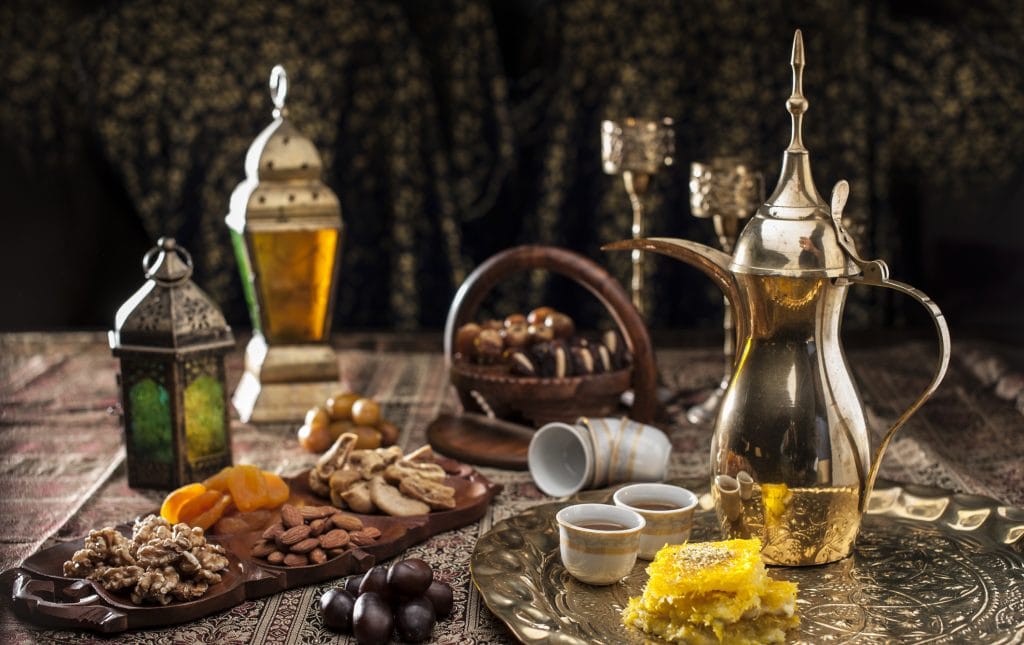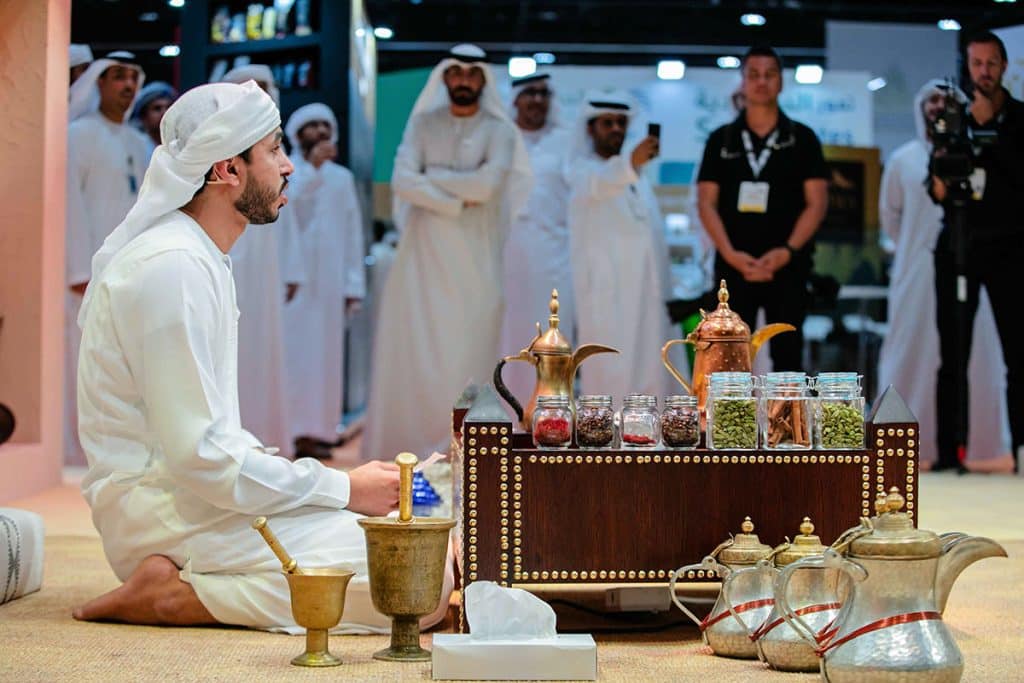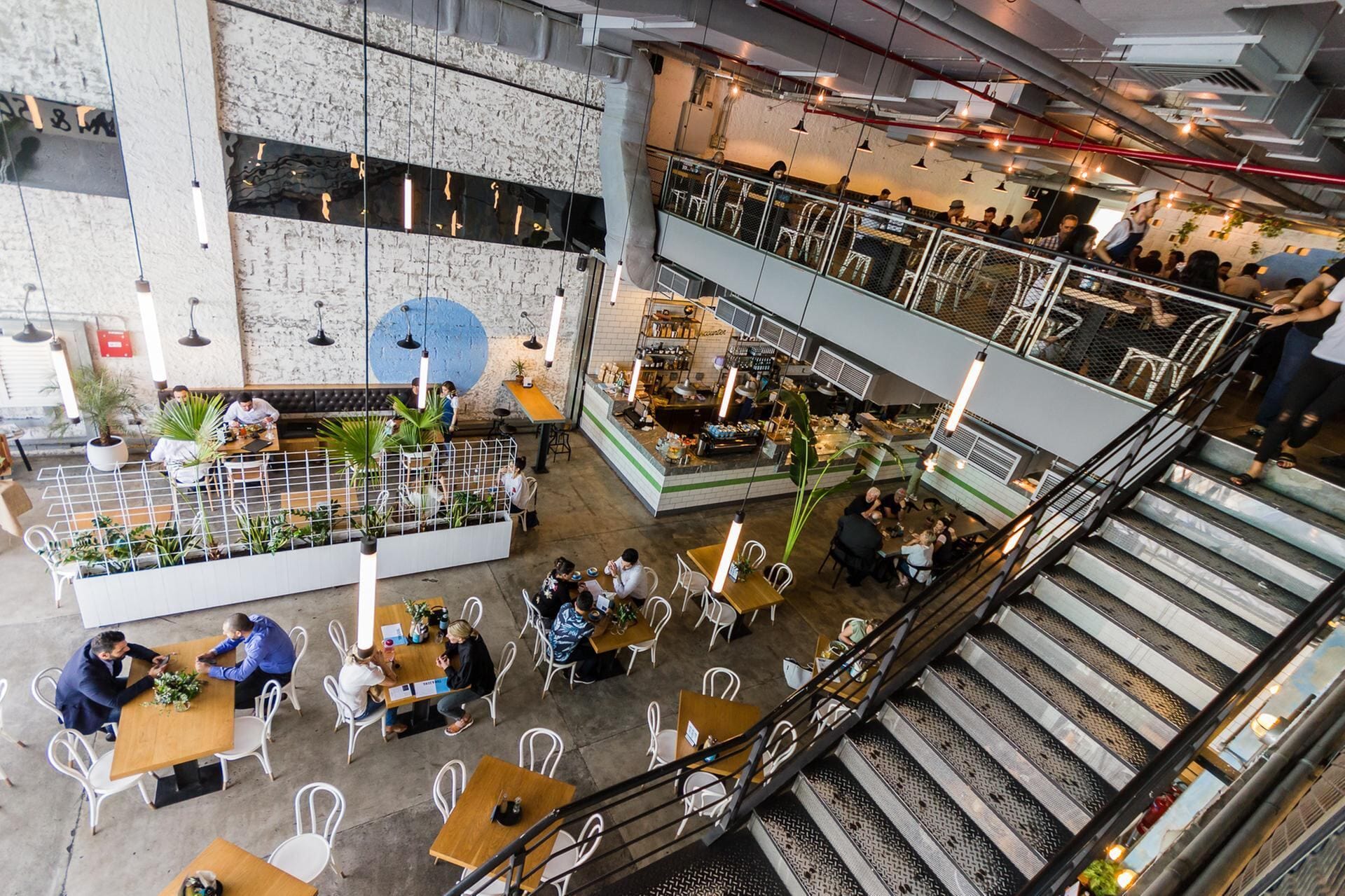The Role of Coffee in Emirati Culture – Beyond Starbucks
Explore how Emirati coffee goes beyond Starbucks—from gahwa rituals and majlis etiquette to today’s specialty cafés shaping UAE identity and hospitality.

When most people think of coffee in the UAE, images of bustling Starbucks counters and hipster cafés spring to mind. Yet, the role of coffee in Emirati culture goes far deeper — a centuries-old tradition that weaves together heritage, hospitality, and identity. From gahwa served in dallahs to modern specialty coffee hubs, coffee has always been more than a drink; it’s a ritual, a connector, and a living symbol of Emirati life.
Historical Roots of Coffee in the UAE
Coffee traces its Emirati roots back to the 15th century Arabian Peninsula, arriving from Ethiopia through Yemen. The Arabs were among the first to roast and brew coffee, transforming it into both a social and spiritual staple.
Bedouin tribes across the desert relied on gahwa not just for energy but as a profound expression of generosity and community. By the time the UAE emerged as a federation, the rituals around coffee were already embedded into the nation’s DNA.
For a deeper dive into how Dubai fuses heritage with its modern face, check our guide on how Dubai balances tradition and modernity.
Gahwa: The Heart of Emirati Coffee Culture
Traditional Emirati coffee, known as gahwa, is unlike the espresso shots we order on the go. It’s brewed in ornate dallahs and infused with cardamom, saffron, and cloves. The coffee is poured into delicate finjan cups and served in a deliberate sequence — starting with elders and important guests.
Hospitality is central: the cup is refilled until the guest lightly shakes it, signaling they’ve had enough. Dates are often served alongside, creating a sweet-savory pairing that epitomizes Arabian generosity.
In 2015, this ritual was officially recognized by UNESCO as part of the Intangible Cultural Heritage of Humanity, cementing its role as a timeless cultural marker.
The Ritual of Serving and Drinking Coffee
Serving coffee is about more than pouring a hot drink; it’s a performance of respect and connection. Traditionally, gahwa is prepared over firewood and served in the majlis — a gathering space where conversations flow as freely as the coffee.
The ritual fosters patience, attentiveness, and togetherness. Every gesture, from how the dallah is tilted to how the finjan is presented, carries symbolic weight.

Want to understand more about the Emirati way of life? Take a look at our guide to Friday in Dubai, from Jumuah prayers to brunch culture.
Coffee in Modern Emirati Society
As Dubai and Abu Dhabi rapidly urbanized, a new wave of coffee culture emerged. Trendy cafés, specialty roasters, and international chains like Starbucks and Costa became fixtures of city life. But instead of replacing tradition, they coexist with it.

- Homegrown roasters showcase single-origin beans and artisanal brews.
- Youth culture embraces cold brews, flat whites, and latte art without letting go of gahwa.
- The UAE now positions itself as a regional coffee hub, hosting festivals and competitions that attract global attention.
The juxtaposition of a traditional dallah and a sleek espresso machine perfectly illustrates the UAE’s knack for blending past and present.
Social and Cultural Impact Today
In the Emirates, coffee remains less about consumption, more about connection. Whether shared in a majlis or over Instagrammable lattes, coffee is still the glue of social life.
At the same time, there’s growing concern that traditional practices might be overshadowed by commercial chains. Grassroots cafés and cultural centers are stepping in, dedicated to preserving the essence of gahwa while still welcoming innovation.
This duality — safeguarding heritage while embracing change — echoes across Emirati society, from coffee to architecture to Dubai’s thriving art scene.
Beyond Starbucks: Why Emirati Coffee Matters
Starbucks cups may symbolize globalization, but gahwa symbolizes identity. To Emiratis, coffee represents:
- Hospitality – a warm welcome offered to every guest.
- Unity – a shared ritual that binds communities.
- Continuity – a living tradition linking ancestors with the present.
In a country that has transformed into a global hub within just a few decades, coffee stands as proof that heritage can thrive even in hyper-modern contexts.
Planning a visit? Don’t just sip at international chains. Seek out gahwa at heritage villages, local cafés, and cultural festivals for an authentic taste of Emirati soul. Pair it with our tips on the best breakfast spots in Dubai to complete your culinary journey.
Conclusion
From Bedouin tents to Downtown Dubai’s specialty coffeehouses, the role of coffee in Emirati culture has never been static. It has evolved, adapted, and expanded — yet always retained its essence as a gesture of respect, hospitality, and connection.
So, next time you spot a Starbucks in Dubai, remember: behind that cup lies a much richer story, brewed over centuries.
FAQ
What is gahwa?
Gahwa is traditional Emirati coffee brewed in a dallah with spices like cardamom and saffron, usually served in small cups (finjan) alongside dates.
Why is coffee so important in Emirati culture?
It symbolizes hospitality, respect, and community bonding, making it central to social and cultural life.
How is Emirati coffee different from Turkish coffee?
Unlike thick, sweet Turkish coffee, Emirati gahwa is lighter, spiced, and typically unsweetened, highlighting flavor subtleties.
Where can visitors experience Emirati coffee in the UAE?
Cultural festivals, heritage villages, majlis gatherings, and dedicated cafés across Dubai and Abu Dhabi offer authentic gahwa experiences.
